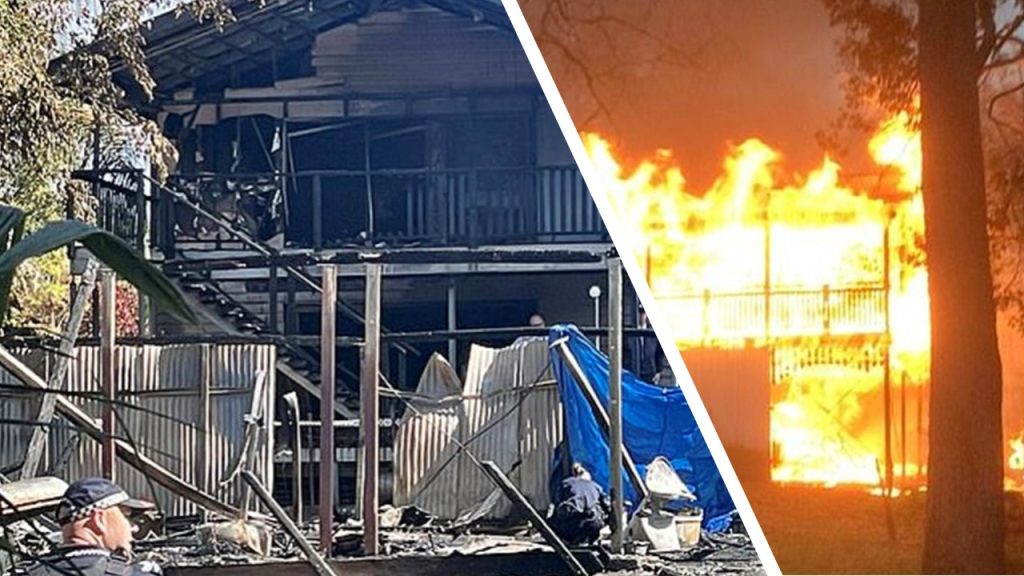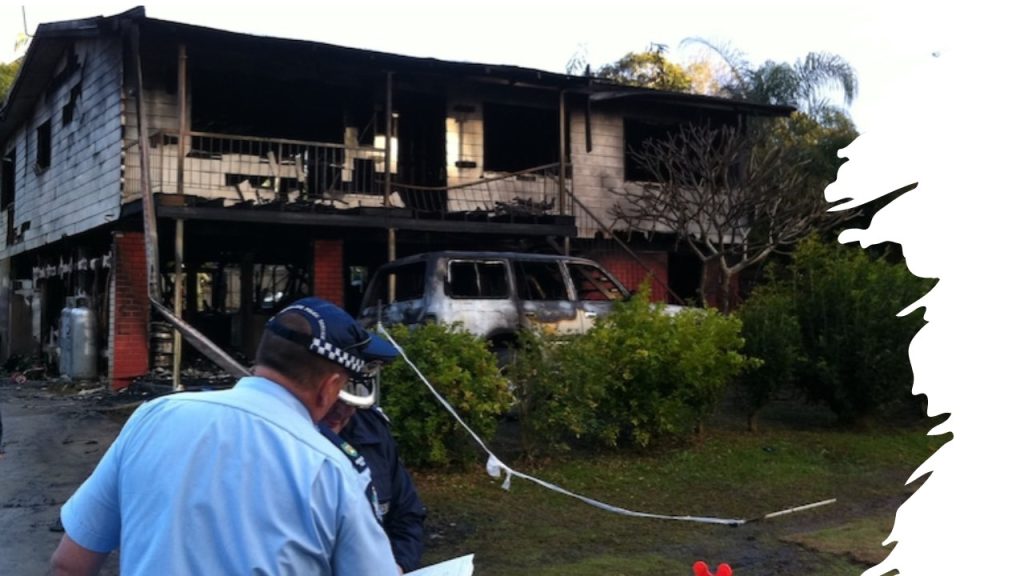Tag Archives: Russell Island House Fire
Why Didn’t Smoke Alarms in Queensland’s Russell Island House Fire Tragedy Activate?
Properly working smoke alarms in Queensland could have saved lives in the recent tragedy on Russell Island, where a house fire claimed ...
Expert Breakdown: The Truth Behind Queensland Smoke Alarm Regulations (Updated for 2027)
Smoke alarms save lives. It’s a simple fact, yet tragic fires in Queensland have shown time and time again that many homes were not ade...


